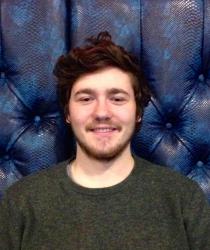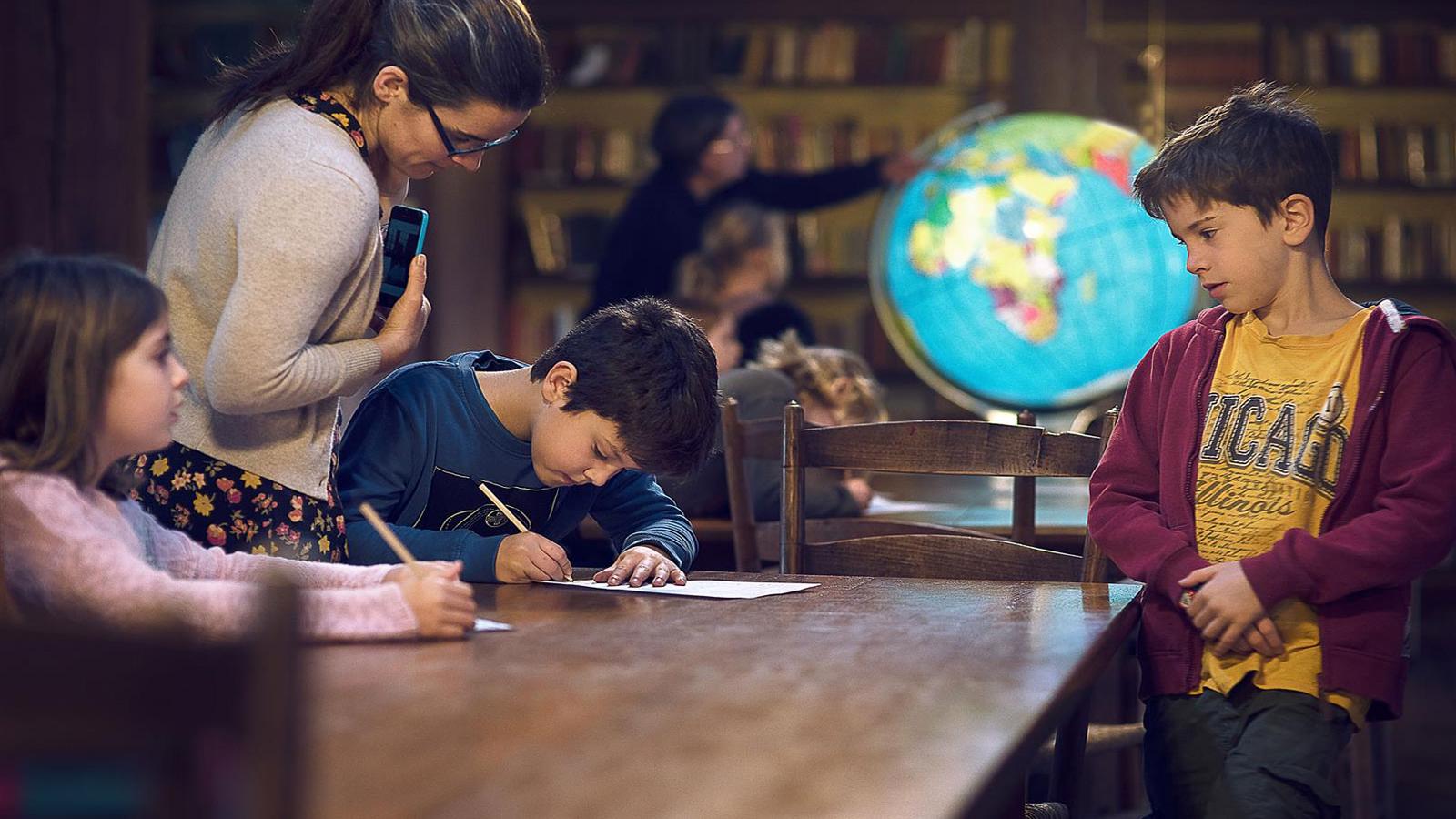
It wasn’t that Albie Waterton was unappreciative of what state education had done for him – quite the reverse.
The major stumbling block was always likely to be finance. Private schools are increasingly beyond the reach of most normal families and Albie’s was no exception.
But Albie’s interest had been piqued by a video production from one particular private school that offered the possibility of bursaries to children of potential who would not be able to afford the school’s fees in the ordinary course of events. “I saw a Bedales video that focused on the school’s desire to develop the intelligence, initiative and individuality of its students and it really spoke to me,” Albie remembers. “I could see that I wouldn’t be treated like one of so many cattle and that the teachers would approach the needs of their students in a different, individual way.”
“My father was a chef, who gave up his job to look after my brother and me when we were young,” he explains. “Neither my mum or dad had ever been to university and if I was going to get to a fee-paying place of education, it would have to be via a scholarship or a bursary.”
Duly inspired, Albie approached the John Badley Foundation at Bedales, which offers bursary support for talented youngsters who could not otherwise afford a Bedales education and who display the strength of character that the school’s founder would have admired. He said:“I sold myself as best I could, mostly about my interest in sustainability and how I felt that I would value the school’s resources and the opportunities that it offered more than most people.”
No-one tried to judge me and there was no time to be nervous or introspective - there was always far too much to do
Having returned for a second interview and sat a couple of written exams, Albie received a telephone call from Keith Budge not long before the start of the academic year to tell him that he had been accepted. “By then, I reckon that I’d pinned about 98% of my hopes on Bedales,” he reflects. “It’s not that I ever doubted myself but I did think that I had better be ready to deliver what the school expected of me and I expected of myself. Within three weeks of arriving at Bedales, I’d stopped feeling that pressure and started to feel inspired by my surroundings, my teachers and my fellow students. No-one tried to judge me and there was no time to be nervous or introspective – there was always far too much to do.”
Beginning by studying Maths, Physics, Economics and Design for his AS year, Albie drew on the well of inspiration provided by all his teachers, but one stood out for him in particular. “Ben Shaw’s design classes were unbelievably influential for me,” he enthuses. “He had the ability to take all your ideas and amplify them to another level. Just watching him with students was an education. Ben would say something to someone and you could see their face light up.”
Design became increasingly firmly the path down which Albie decided to progress. “I got involved in the outdoor work as well, of course – I gave the coracle races a good go – but one of the big things that I enjoyed was helping with the construction of the school’s new design building, which was a real eye-opener. There aren’t many places where you get the chance to talk to the architects in the planning stage and see this thing grow around you.”
Bedales also furnished Albie with opportunities to extend himself across the educational spectrum – not excluding sport. Albie, who was vice-captain of the school hockey team said: “I always used to feel sorry for everyone who didn’t enjoy it as much as me! One of the other massive experiences was an exchange trip that we did to Dubai, where we performed The Carnival of the Animals to local schools. It was one of the most amazing and eye-opening things that I’ve ever done.”
Although he wasn’t conscious of the changes that Bedales was making on his character while they were happening, Albie was aware that he was a different person by the end of his two years there. “When I went back home during the holidays, I did find that I’d slightly grown. I never thought that I would get to where I was and I was so grateful for the opportunity to get off the beaten track. When it was time to move on from Bedales, I was ready for the next stage but deeply aware that this was because the school had allowed me to be that way. There’s a huge bond between Bedales people – as a boarder, you live with your friends, you almost never have the chance to be away from them and they become more like family. The teachers too – when I come back to Bedales now, I talk to them and think of them as friends.”
When it was time to move on from Bedales, I was ready for the next stage but deeply aware that this was because the school had allowed me to be that way
All of which is not to say that Albie is anything but positive about comprehensive education. “I would definitely want my children to experience life at a state school for at least part of their education,” he observes. “At the same time, I would love them to be able to experience something like Bedales as well. The key question is at what point you make that transition and how to nurture each different child through their young adulthood. I don’t have all the answers but a mixture of the two would be ideal, I think.”
Now studying Product Design at Nottingham Trent University, Albie has come to terms with another totally different environment. “I did feel at first that at university, there were fewer people who were quite as open to the world or to people with different backgrounds as was the case at Bedales,” he suggests. “It’s still been a lot of fun, though, and I now share a house with a bunch of people from all kinds of different places. The socialising has been great and I’m really enjoying life. If I try and look ahead, ten years from now, I’d like to have done a Master’s and then started to focus on building a career around sustainable design. Perhaps set up a design consultancy of my own, if that isn’t asking too much!”
Albie Wateron was interviewed by James Fairweather in January 2016.
